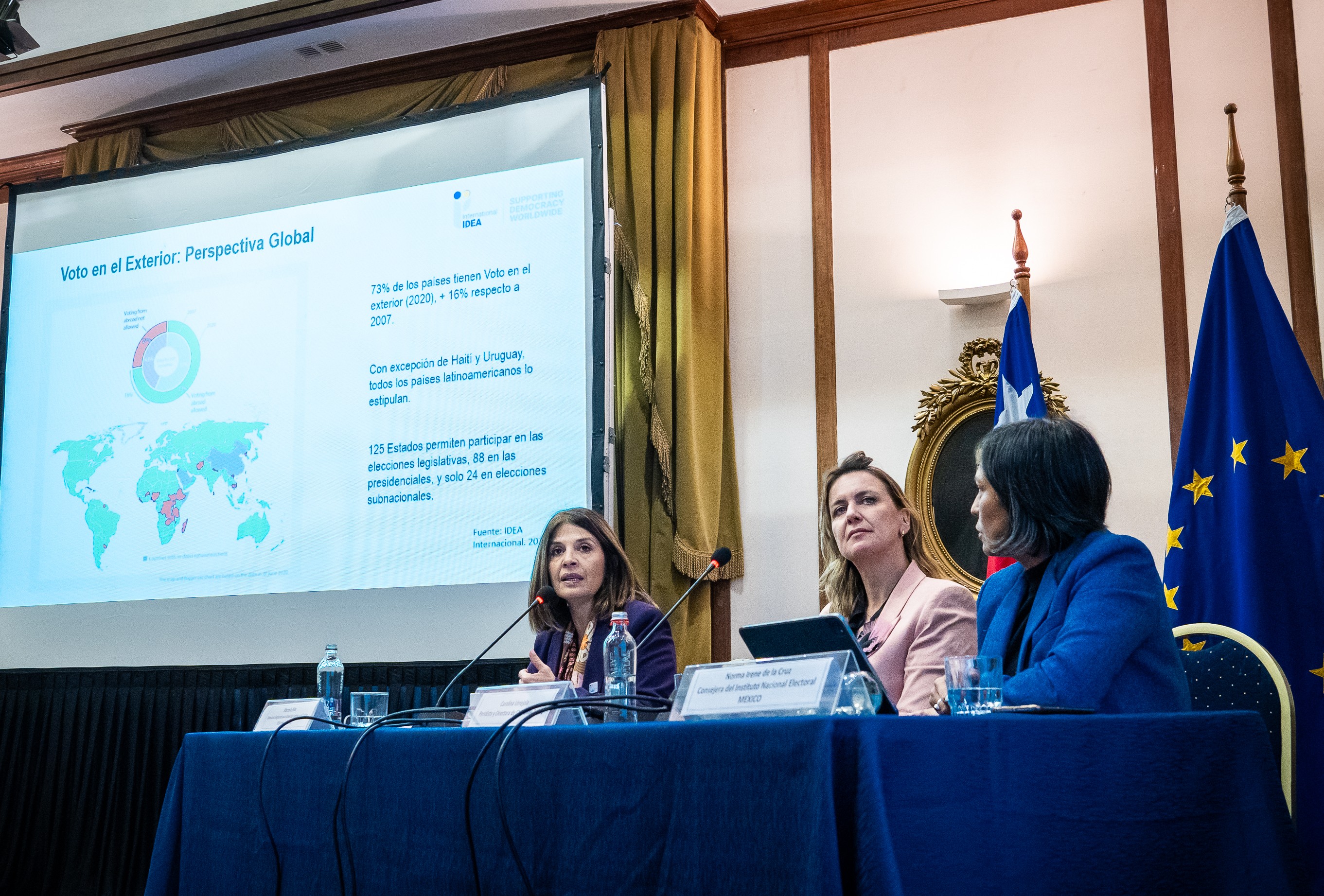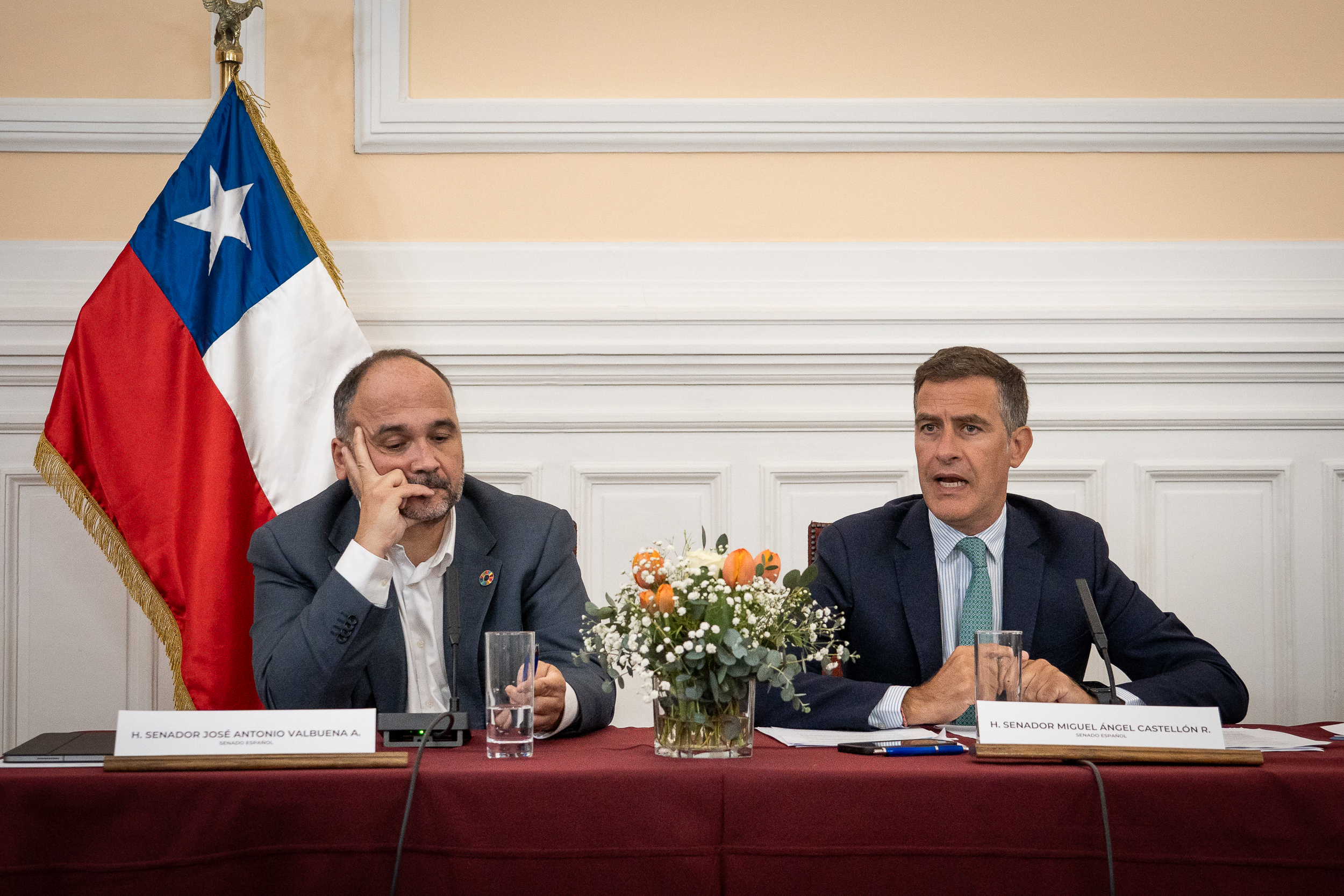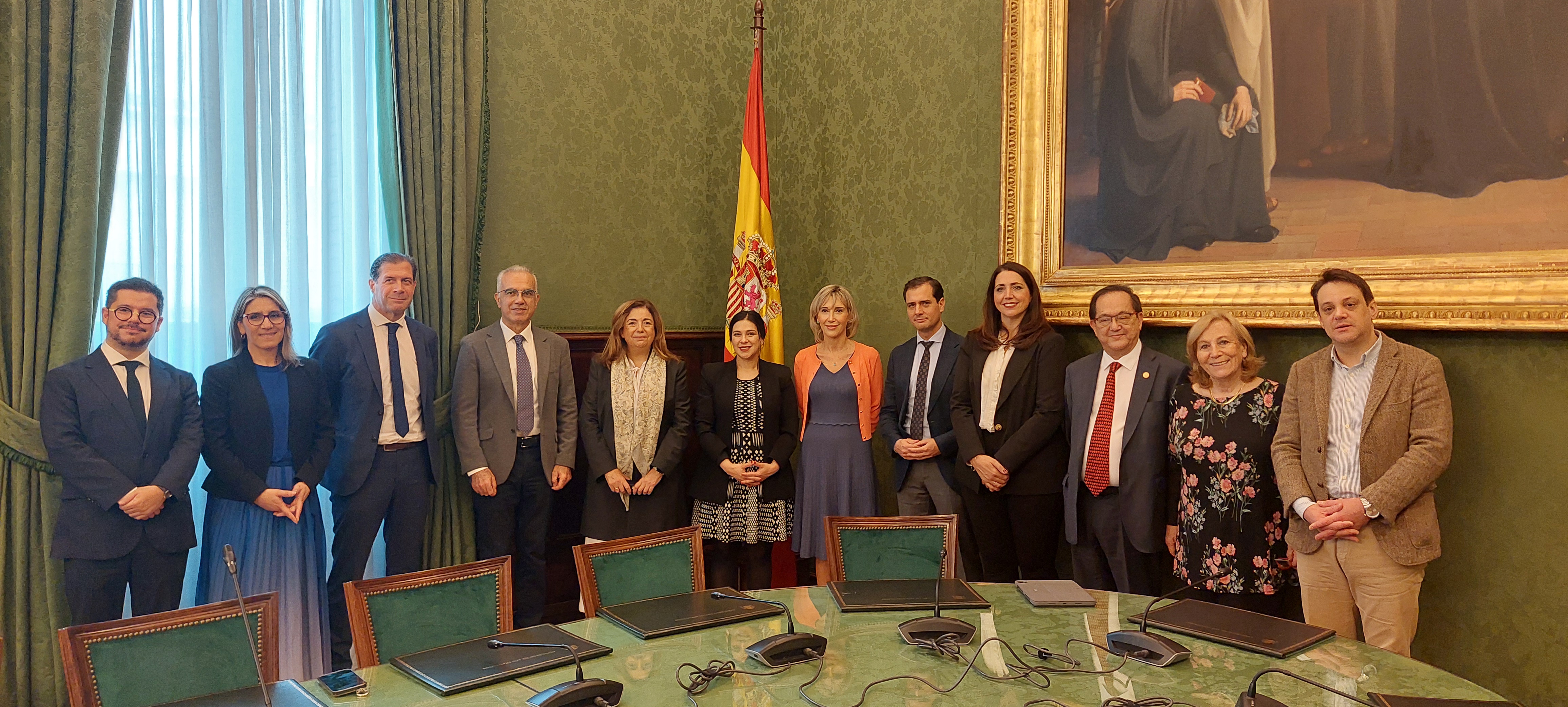Women account for over 52 per cent of the total population of Haiti and are very active in the economic and social sectors. Yet their political participation and representation in Parliament is very limited. Only seven of the 144 political parties are headed by women. Women represent less than five per cent of the Haitian parliament, and there are no women at all in the current Senate.
Búsqueda
Region
Country
Type
‘Tunisians agree that their new constitution is an advance, despite the imperfections. The people’s new democratic spirit is what will make Tunisia a success, and it will hopefully serve as an inspiration for the entire Arab region in times to come’.
Disclaimer: The views expressed in this analysis are the author’s and should in no way be construed to represent those of International IDEA, its Board and/or Council members.
Federalism is a new concept in Nepal and many new words and terms related to federalism were only introduced during the country’s recent constitution-building process.
International IDEA has compiled this Glossary on federal terminology through citizen dialogues in an effort to come up with a shared definition of contested federal terms based on a common understanding.
One of the persistent democratic deficits throughout the world is women’s lack of influence in politics. In relation to political parties in particular, the voice of women in decision-making remains insufficient, and, in some cases, is non-existent.
This report is based on the findings of a two-year project implemented by International IDEA, aimed at analysing the commitments of political parties to gender equality in 33 countries in Africa.
There are many examples across the world of women succeeding in empowering themselves and how they acquired greater influence in political institutions. These range from customary governance in Bougainville, Namibia, Northern Kenya and South Africa, to local governance in Cameroon and Cambodia and across national level institutions in Somaliland and India.
In early 2014 the Tanzanian Centre for Democracy (TCD) – an organization bringing together all political parties to promote multi-party democracy– completed an assessment of local democracy from a gender perspective using International IDEA’s State of Local Democracy (SoLD) assessment framework.
Regional organizations are key players in efforts to promote gender equality. Most have set up legal and institutional frameworks to address gender equality, including women’s political empowerment. They usually have a dedicated committee, commission or directorate that is responsible for gender. And they have a mandate to coordinate, monitor and often implement the regional strategies endorsed by their respective member states.
This study takes a comprehensive approach to understanding the reasons why young people abstain from voting in large numbers in elections to the European Parliament.
It considers both the sociological profile of young abstainers and the offers that political parties make.
Brussels, 19 February 2014 -- A new report, jointly published today by the League of Young Voters and International IDEA, reveals the reasons behind the very high rates of young people not voting in European elections and lays bare the mutual distrust between political parties and young people
Democracy is a recognized international goal in its own right. In the Millennium Declaration, UN Member States commit to spare no effort to promote democracy. Supporting democracy around the world is a cornerstone of the foreign and development policies of many donor countries.
Most Tunisians agree that their new constitution is an advance, despite the imperfections. The people’s new democratic spirit is what will make Tunisia a success, and it will hopefully serve as an inspiration for the entire Arab region in times to come.
Participation and representation are two fundamental elements and principles of democracy. They affirm that a democracy is dependent on its citizens and that this ownership is expressed through meaningful participation by and representation of all citizens in democratic institutions and processes.
The run off presidential elections in both Costa Rica and El Salvador are going to be fascinating contests as so much uncertainty surrounds the outcome, given that no candidate prevailed in the 2 February first round of elections. Thus, the political environment remains volatile. To win the first round, a candidate had to get 50% of the vote in El Salvador and 40% in Costa Rica.
Costa Rica y El Salvador experimentarán una apasionante segunda vuelta en sus respectivas elecciones presidenciales porque, el pasado 2 de febrero, ninguno de los candidatos alcanzó los votos necesarios para evitar el balotaje: 50%, El Salvador; 40% Costa Rica.
Citizens across all continents have used the citizen-led democracy assessments pioneered by International IDEA for the past 10 years. The Institute is now releasing two new resources.
Citizen-led democracy assessments around the world – International IDEA’s State of Democracy assessment frameworks
The film tells the story of citizens assessing the democracy in their country using International IDEA’s State of Democracy assessment frameworks.
Disclaimer: The views expressed in this analysis are the author’s and should in no way be construed to represent those of International IDEA, its Board and/or Council members.
Declaracion: Las opiniones expresadas en este comentario son las del miembro del personal. Este comentario es independiente de intereses nacionales o políticos específicos. Las opiniones expresadas no representan necesariamente la posición institucional de International IDEA, su Consejo de Asesores o su Consejo de los Estados Miembros.
Muy pocos están dispuestos a dejar el poder, y muchos de los que se fueron intentan regresar
This book explores how politics and democracy plays out in reality in Africa as the major aid-receiving continent.
This week, on 6–7 February 2014, the issue of democratic governance will be addressed by the UN Open Working Group on the Sustainable Development Goals (SDGs) at the UN Headquarters in New York. Simultaneously, the office of International IDEA’s Permanent Observer to the UN is co-organizing two side-events on the role of democracy in the post-2015 development agenda and how to measure democratic governance.


